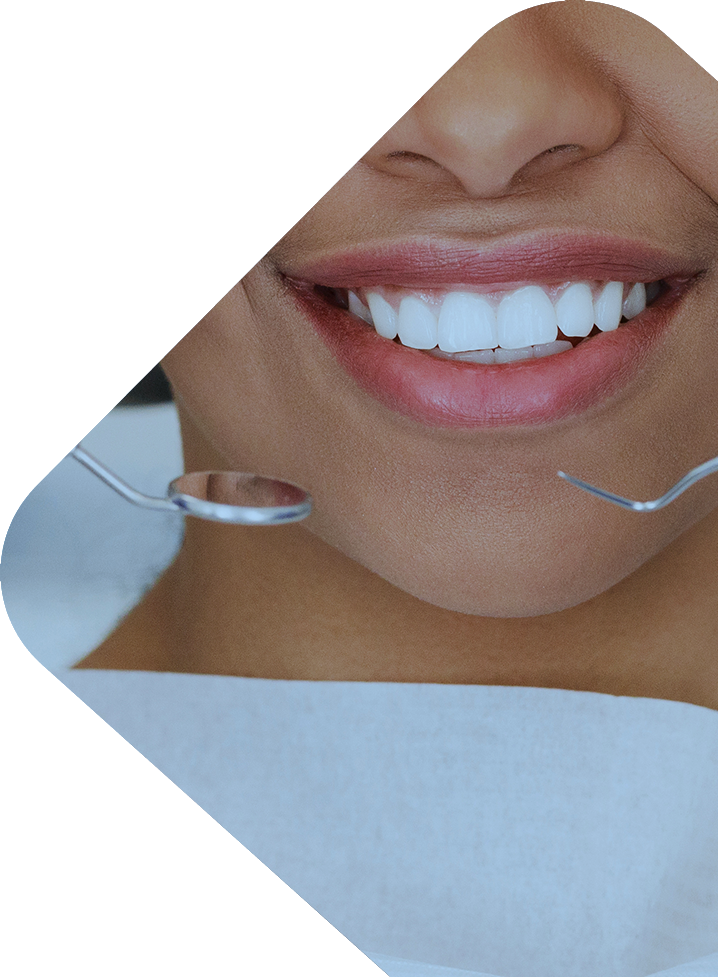
Who Can Get Sealants
Sealants are very important in children as the permanent molars erupt into the mouth beginning around the age of six. These adult teeth are very prone to cavities in children.
At this age, they are old enough to undergo the painless procedure of holding their mouth open and not moving for some time. Getting these sealants will help protect their teeth during the cavity-prone years.
Adults without filings in their molars can also benefit from sealants. As we age, we are more prone to be exposed to decay. Adults who are more prone to cavities should have unaffected teeth sealed. Also, teeth with deep grooves that are hard to clean should consider sealants.
The biochemistry of saliva changes over time with medications; hence will not be able to fight the decay. If you have implants, then your teeth won’t benefit from sealants.
How Are Sealants Applied?
Sealant application is a simple, painless process that can take a few minutes. The tooth surface is thoroughly cleaned with a paste. An acidic solution is put on the tooth and then rinsed.
It creates a slightly rough surface for the sealant to attach to the teeth. The dentist dries your teeth, applies the sealant, and uses a blue light to harden it.
How Do Sealants Work?
When food particles are leftover in our mouths, they produce acids that make holes in our teeth. These grooves and fissures can be deep and challenging to clean; even a toothbrush can’t reach it.
Sealants provide for the grooved areas like a raincoat to prevent the bits of food, acid, and bacteria from settling on the teeth.
How Long Can Sealants Last?
Sealants have been used and proven to be effective since the 1970s. Because they are just a coating on the outside of the tooth, they do wear and chip away. The dentist should ensure that they are doing their job well. It is also possible to replace the dental sealant when necessary.
Studies have shown that they help in the prevention of tooth decay; the benefits outweigh the risks.
Why Should You Get Dental Sealants?
It may be a good idea to get dental sealants if you don’t have them yet. They help your teeth to be safe and become resistant to cavities.


Guarding your teeth against cavities will save you the time and money needed to restore them to how they were. Sealants are exquisite ways to protect your enamel and keep them healthy.
Sealants vs. Fluoride
Both Sealants and fluoride are substances used to maintain the health of our teeth and prevent them from decaying. Sealants are placed on the chewing surfaces of back teeth, while fluoride involves foams, gels, toothpaste, mouth rinses, and consuming water.
These are quickly absorbed by teeth even and stay on the teeth even though invisible. Sealants protect the surface they are placed as fluoride protects the whole mouth.
Sealants aim to provide that extra protection on your teeth. Therefore you should not consider them an alternative way to avoid brushing effectively. Proper home care, a balanced diet, and regular dental visits will aid in the life of your new sealants.





